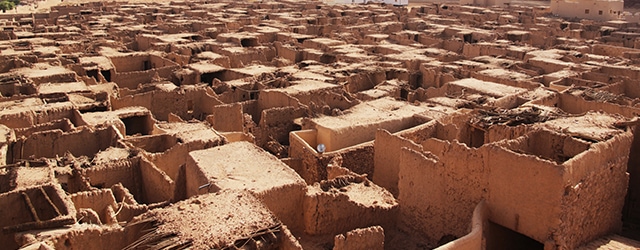The megaproject’s success in attracting a global clientele could hingeon its ability to shake off its reputation as an austere society intolerant of Western social norms.

The newly anointed heir to the Saudi throne, Crown Prince Mohammed bin Salman, has revealed plans for a vast tourism project that could contribute 15 billion riyal ($4 billion) to the kingdom’s GDP and create up to 35,000 jobs “once it is up and running.”
The project, which was first announced on July 31, will turn a lagoon of 50 natural islands, stretching along 200 kilometers of pristine coastline, into a multifaceted eco-friendly luxury resort destination, as the Gulf’s largest economy seeks to diversify from oil revenues as part of its Vision 2030 strategy.
The project, led by the kingdom’s principle sovereign wealth fund (SWF), the Public Investment Fund (PIF), envisages development of 34,000 square meters between the cities of Umluj and Al-Wajh, according to a statement. The PIF, which bin Salman chairs, will provide seed capital and forge partnerships with international hotel and tourism operators. The planned development encompasses dormant volcanoes, as well as a nature reserve inhabited by Arabian leopards, wolves, wildcats and falcons. Tourists will also be able to visit the ancient ruins at Mada’in Saleh, a UNESCO World Heritage site.
But analysts say the megaproject’s success in attracting a global clientele hinges on its ability to shake off its reputation as a deeply austere society intolerant of Western social norms. The PIF says the project will be governed by “special laws and [a] regulatory framework on par with international standards, including no visa requirements for most nationalities.” Initial groundbreaking of the project is expected in the third quarter of 2019 and completion of phase one is anticipated by the last quarter of 2022.
Financing details have not been divulged, but a portfolio manager working on sovereign mandates, who wished to remain anonymous due to client privilege, says a seed-funding strategy isn’t unfamiliar: “Other SWFs have sponsored projects by providing collateral to ensure financing, [but] I don’t know what PIF is doing—whether spending cash, placing equity or simply leveraging.”



